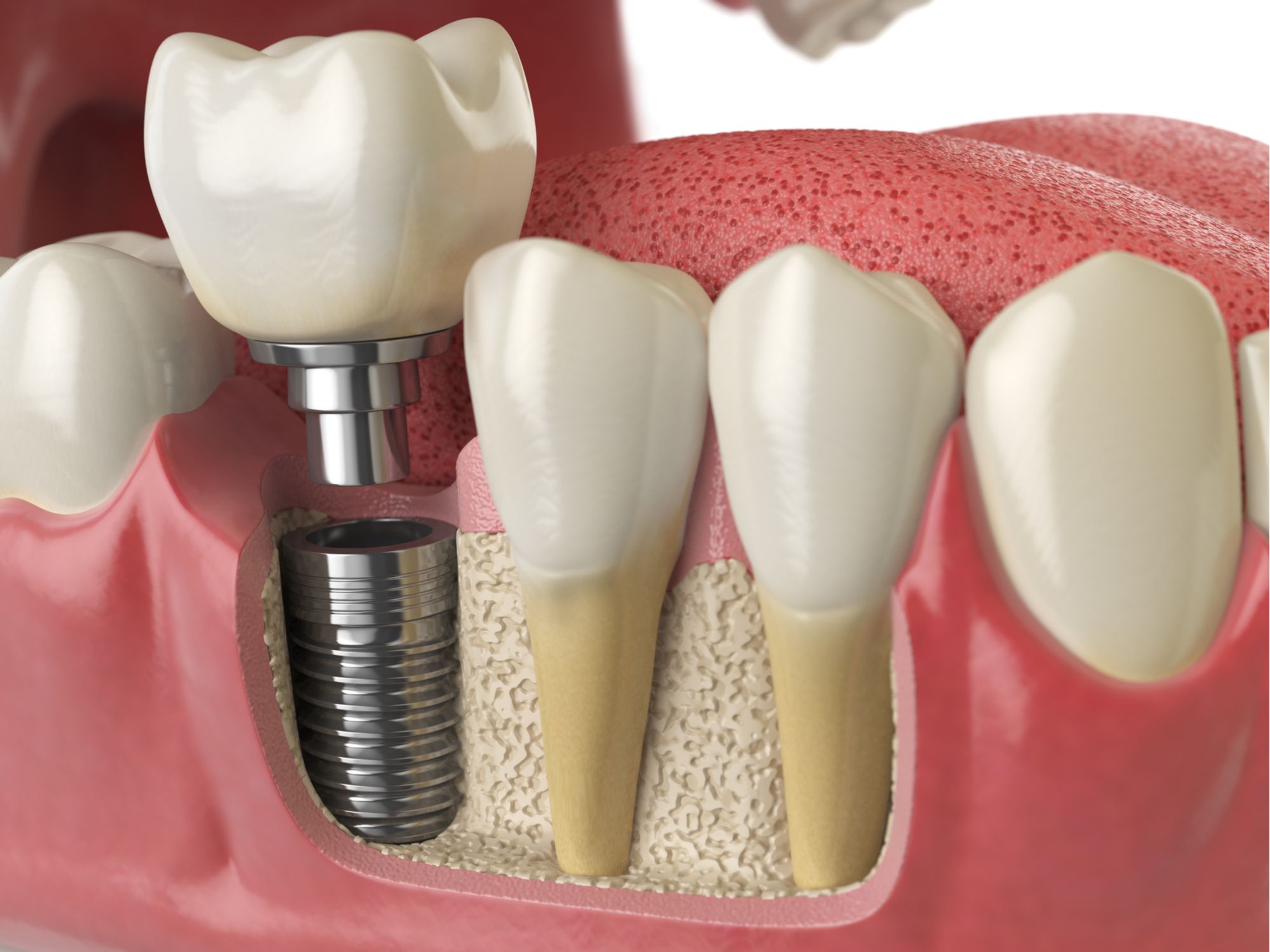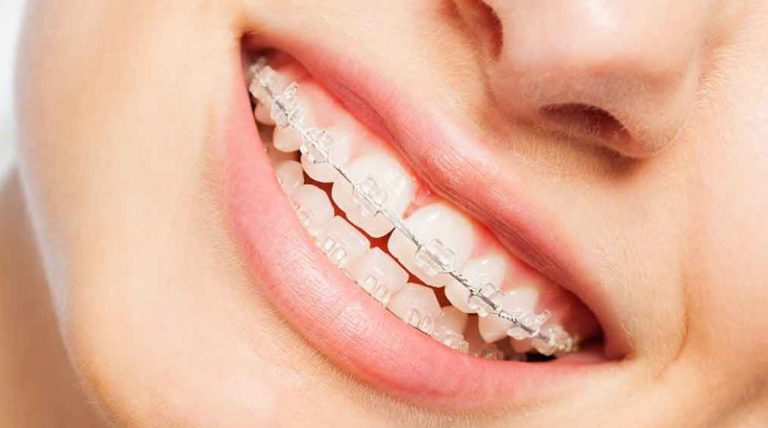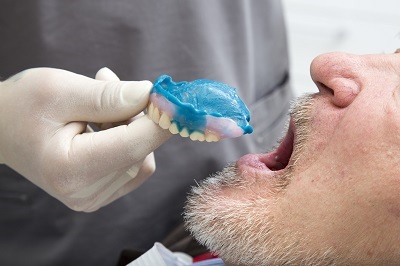Dental implants have become a popular solution for replacing missing teeth, offering numerous benefits over traditional dentures or bridges. However, the cost of dental implants can be a significant concern for many individuals. This is where Health Savings Accounts (HSAs) can be beneficial. In this comprehensive guide, we will explore the ins and outs of using HSAs to cover the cost of dental implants, including eligibility criteria, coverage details, and essential considerations.
Contents
What Are Dental Implants?
Before diving into the HSA aspect, let’s briefly understand what dental implants are. Dental implants are titanium posts surgically placed into the jawbone to act as artificial tooth roots. Once the implant integrates with the bone, an abutment is attached, and a crown is placed on top, mimicking the look and function of a natural tooth.
Dental implants offer several advantages:
- Improved appearance: They look and feel like natural teeth.
- Enhanced functionality: They allow for comfortable eating and speaking.
- Preserved jawbone: They prevent bone loss that occurs with missing teeth.
- Durability: With proper care, they can last a lifetime.
What Is an HSA?
A Health Savings Account (HSA) is a tax-advantaged savings account that allows individuals with a high-deductible health insurance plan to save for qualified medical expenses, including dental costs. HSAs offer triple tax benefits:
- Tax-deductible contributions: Contributions made to an HSA are tax-deductible, reducing your taxable income.
- Tax-free growth: The funds in an HSA grow tax-free.
- Tax-free withdrawals: Withdrawals for qualified medical expenses are tax-free.
Does HSA Cover Dental Implants?
The short answer is yes, HSA does cover dental implants under certain conditions. The IRS considers dental implants a qualified medical expense if they are necessary for the treatment of a dental disease or condition and not primarily for cosmetic purposes.
When Are Dental Implants Considered Medically Necessary?
Dental implants are generally deemed medically necessary in the following situations:
- Replacing missing teeth due to injury or disease: If you’ve lost teeth due to an accident, tooth decay, or gum disease, dental implants can be considered medically necessary to restore oral function and prevent further complications.
- Stabilizing dentures: If you have dentures that slip or cause discomfort, dental implants can be used to anchor them, improving stability and function.
- Preventing jawbone deterioration: When teeth are missing, the jawbone can start to deteriorate. Dental implants stimulate bone growth, helping to maintain jawbone health and facial structure.
When Are Dental Implants Considered Cosmetic?
While dental implants can significantly enhance your smile, they may not be covered by your HSA if they are primarily for cosmetic reasons. For instance, if you choose to replace healthy teeth with implants solely to improve their appearance, it might be considered a cosmetic procedure, and your HSA might not cover the cost.
How to Use Your HSA for Dental Implants
If you’re considering using your HSA to pay for dental implants, follow these steps:
- Confirm eligibility: Ensure that your dental implants are considered medically necessary and meet the IRS guidelines for qualified medical expenses. Consult with your dentist and review your health insurance plan documents for clarification.
- Obtain documentation: Request a letter of medical necessity from your dentist outlining the reasons why dental implants are necessary for your oral health. This documentation will be crucial when submitting your HSA claim.
- Save receipts: Keep all receipts and invoices related to your dental implant procedure, including consultations, X-rays, surgery, and follow-up appointments. You will need these documents to substantiate your HSA expenses.
- Submit your claim: Depending on your HSA provider, you may be able to submit your claim online, through a mobile app, or by mail. Ensure that you provide all necessary documentation, including the letter of medical necessity and receipts.
Factors Affecting HSA Coverage for Dental Implants
While HSA can cover dental implants, some factors might influence the extent of coverage or reimbursement:
- HSA balance: Ensure that you have sufficient funds in your HSA to cover the cost of dental implants. If your balance is insufficient, you may need to consider other financing options or delay the procedure until you have saved enough.
- Deductibles and coinsurance: If your high-deductible health insurance plan includes dental coverage, you may need to meet your deductible or pay coinsurance before your HSA can be used for dental implants. Review your plan documents carefully to understand your out-of-pocket costs.
- Provider network: Some HSA providers may require you to use in-network dentists or oral surgeons to qualify for reimbursement. Check with your HSA provider to confirm any network restrictions.
Benefits of Using HSA for Dental Implants
Using your HSA to pay for dental implants offers several advantages:
- Tax savings: You can save on taxes by contributing pre-tax dollars to your HSA and withdrawing them tax-free for qualified medical expenses.
- Flexibility: You have control over how and when you use your HSA funds, allowing you to prioritize your healthcare needs based on your individual circumstances.
- Portability: Your HSA belongs to you, even if you change jobs or health insurance plans, providing long-term financial security for healthcare expenses.
Alternatives to HSA for Dental Implants
If you don’t have an HSA or your balance is insufficient, you can explore other financing options for dental implants:
- Dental insurance: Some dental insurance plans may offer partial coverage for dental implants, especially if they are deemed medically necessary. Review your plan documents or contact your insurance provider to understand your coverage options.
- Payment plans: Many dental practices offer payment plans or financing options to help patients manage the cost of dental implants. Inquire about these options with your dentist.
- Personal savings: If you have sufficient savings, you can use them to pay for dental implants directly. However, consider the impact on your overall financial goals before making a decision.
- Credit cards or loans: While not ideal, you can use credit cards or personal loans to finance dental implants. However, be mindful of interest rates and potential debt accumulation.
Conclusion
Does HSA cover dental implants? Yes, it can, provided they are considered medically necessary and meet the IRS guidelines. Using your HSA to pay for dental implants can offer significant tax benefits and financial flexibility. However, it’s crucial to understand the eligibility criteria, coverage details, and potential limitations before making a decision. Consult with your dentist, review your health insurance plan documents, and contact your HSA provider to ensure that you make informed choices about your oral health and financial well-being. Remember, dental implants are an investment in your long-term health and quality of life, so explore all available options and choose the one that best suits your needs and budget.
Read More: Insurance Companies in CT: A Comprehensive Guide






